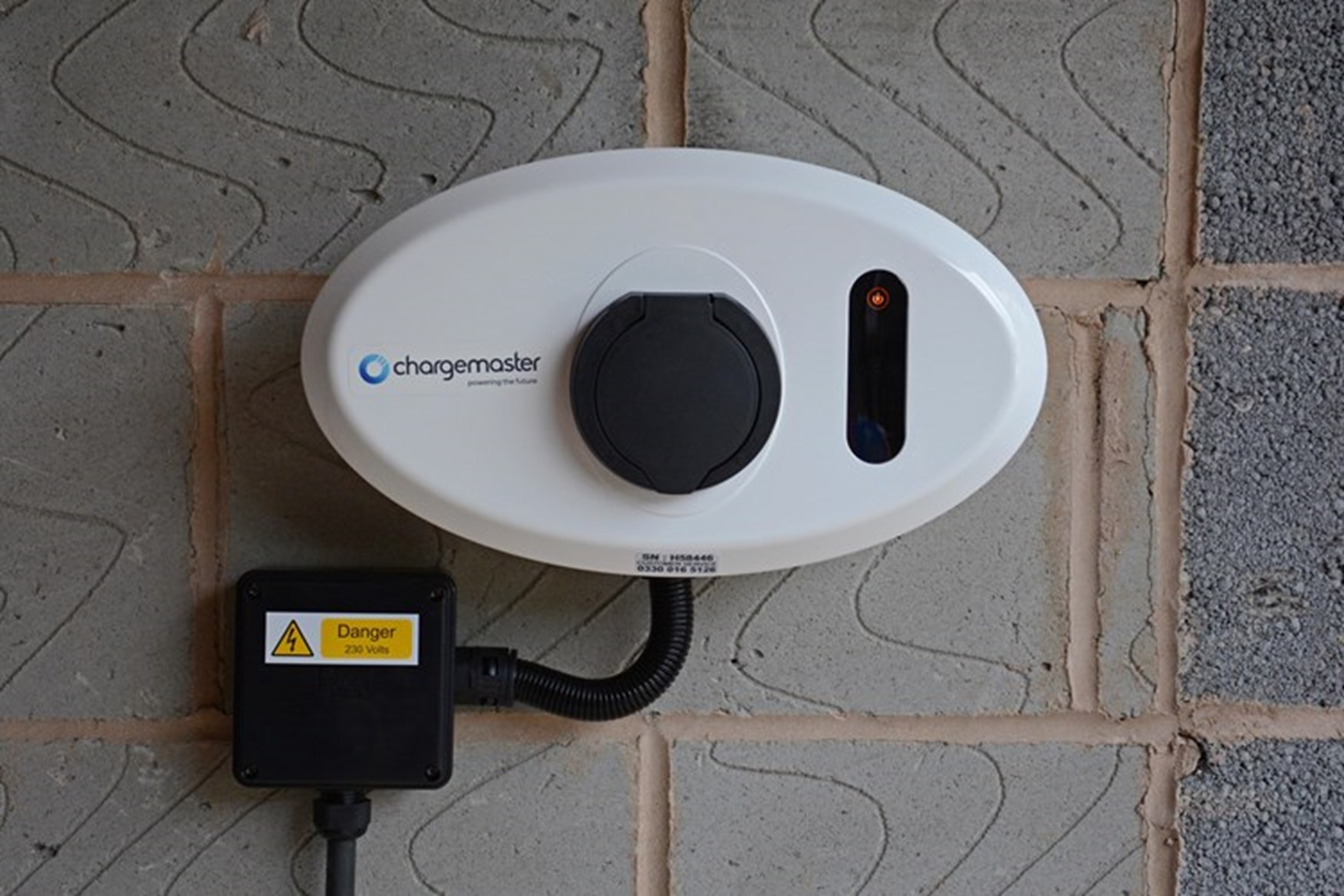Table of Content
Businesses can also apply for funding for charging points through the Workplace Charging Scheme, which offers similar discounts to the OZEV grant. To maximise your savings, install a home wallbox, charge your electric car overnight and steer clear of expensive rapid chargers unless absolutely necessary. Do all of that, and you could slash your fuel bills by as much as 25 percent. These figures work out cheaper than fueling an equivalent petrol or diesel-powered car, though. The EV6’s nearest combustion-engined equivalent, the Kia Sportage, has a 54-litre tank.

The owner sets the price but they are priced and available by the hour, rather than by the unit. Our EV hub provides lots of useful information and advice on electric cars. Electric cars and chargers are weatherproof and will protect you from any electric shocks, so it’s perfectly safe to charge your EV in the rain. Most EV chargers are installed in driveways or garages as it’s easier to connect to the mains electricity of the property and be close enough to the parked EV. Smart chargers, which can be controlled via mobile devices, are often more expensive. We can also work out the cost per mile by dividing the charging cost by the real-life distance the car can travel.
Can you charge an electric car in the rain?
There are regional charging networks too, but many of them also offer access to customers of larger EV networks. Not only is it cheaper to use one of these superchargers, but it’s often the quickest way to charge your Tesla. Even if you don’t own one, it plans on rolling this out to all other EV models in the near future and has already started in some regions. While Tesla may charge up to 28p per kWh to use a fast charger, it’s still cheaper to charge a Model 3 than its equivalent traditional car alternative. These are less common in the UK, but more are frequently popping up. An EV charging hub is essentially a large forecourt that allows lots of cars to charge at the same time – sometimes as many as 36.

The off-peak energy prices for electric vehicle tariff seem competitive. Yet, they are restricted to a five-hour window and an Economy 7 tariff typically offers eight hours of a cheaper rate. Promise we’re not copping out to say, you’ll need to check the providers in your area. You can liken the cost of charging an electric car to the cost of filling the tank of a petrol-powered car. The larger the tank, the more petrol is needed to fill it, so filling the tank from empty will cost you more the bigger the tank is.
Can you charge an electric car at home?
Most vehicles that aren't registered will have to pay £12.50 per day. Although heavier vehicles, such as lorries, may need to pay up to £100 per day. For non-Tesla owners, charging fees vary depending on the network you use. Take a look at Zap-Map or an overview ofUK’s main EV charging networks. If you are a Tesla owner, then theTesla Supercharger Networkhas points across the UK which are often free to use for older vehicles.

The capacity of an electric car’s battery is expressed in kilowatt hours , which is a measure of the energy storage available in the cells. A Tesla Model S packs a 100kWh battery, for example, whereas the latest Renault Zoe comes with a 52kWh battery pack. So, to calculate how much it costs to charge your car, simply look at the cost of electricity and do the maths.
Best-Selling Electric Cars UK: The Complete Guide
To get an idea of how much it costs to charge an electric car, you need to look at how much energy an electric vehicle uses per mile and how much that energy costs at the time of charging. And that's not even considering the amount of options for free charging that exist these days. EV charging is inexpensive and simple with only a few new calculations and charging habits.

While this will increase your electricity costs it will reduce the environmental costs. Eia.gov notes that about 63% of electricity in the US is generated from burning fossil fuels. Given that around 50% of US consumers have access to green energy from their suppliers, we could reduce our carbon footprint considerably while still saving on fuel costs compared to gas.
Electric car range
As well as being convenient, charging an electric car at home overnight also has the advantage of being, in most cases, the cheapest time to recharge. Well, you can use our EV Home Charging Calculator to find out how long it takes and how much, or little, it can cost to charge an electric car at home. Unlike traditional combustion cars, there is also some energy lost when charging an electric car. This is because it takes more electricity to charge a battery than a battery can hold.
For example, Nissan offers an 8 year / 100,000-mile warranty, under which batteries are replaced or repaired if they lose more than 25% of their original capacity. As battery technology develops, this number is improving all the time. The Tesla Model S Long Range even boasts an impressive 412 mile range. Zap-map can be filtered by connector type, EV type or charging speed and it tells you if there are any reported problems with a charger.
Some electric car charging points cost nothing, while some require standard contactless payments but you may need to have an account or a special electric car charging card to use others. Filling a full tank of petrol or diesel can cost between £60 to £120. Put another way, the higher the price of petrol or diesel, the lower the amount of household income remaining to spend on other essential purchases! Overnight charging also means that your vehicle is fully charged and ready to go first thing in the morning, without the worry of having to find a public charging point on your commute.
A subscription costs £7.85 a month, with customers paying per kWh of electricity used. The EVHS is a grant of up to £350 towards the cost of a home charging point. It’s also worth noting that some manufacturers will offer a free wall box when buying a new electric vehicle. Rapid chargers are typically found in motorway service stations and range from being free to one of the more expensive ways to charge. At the time of writing, British Gas listed the average electricity cost per kWh in the UK as 52p, up from 28p a unit as a response to the ongoing global difficulties in the energy markets.
But it’s worth remembering that this formula will give you the cost of charging an empty battery to full charge, which is unusual (you’ll likely just be topping it up on a regular basis). As your electric car charger will be connected to your mains electricity, charging your EV regularly will result in an increase to your electric bill. When undertaking a longer journey in your electric car, or if you do not have access to home charging, then charging on the public network will be essential.

No comments:
Post a Comment